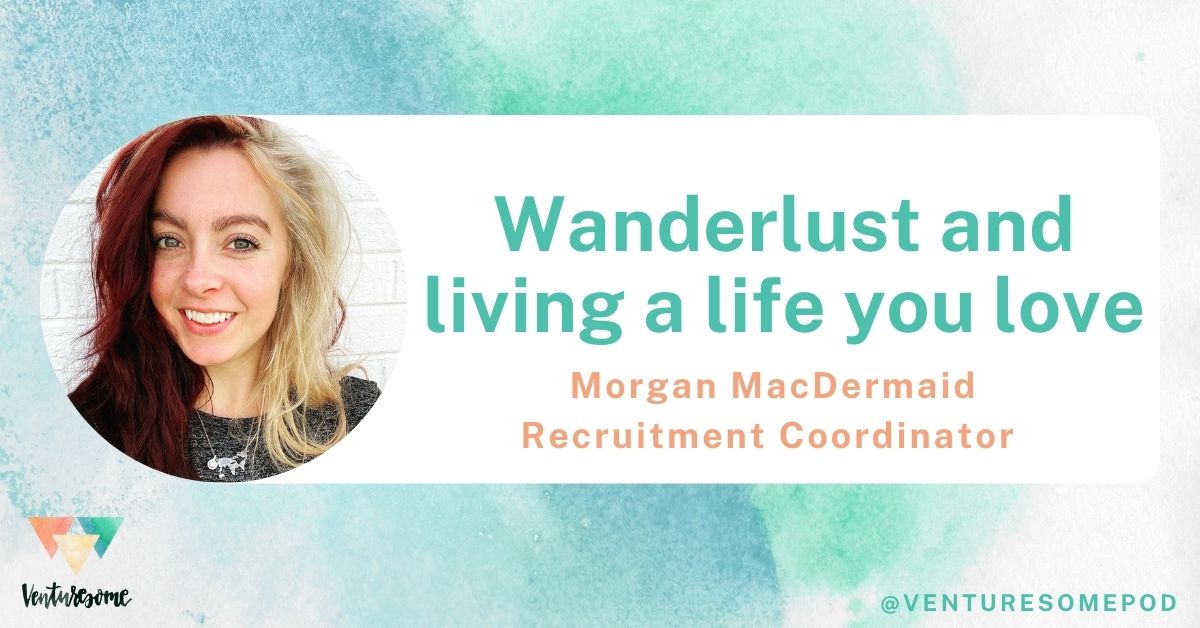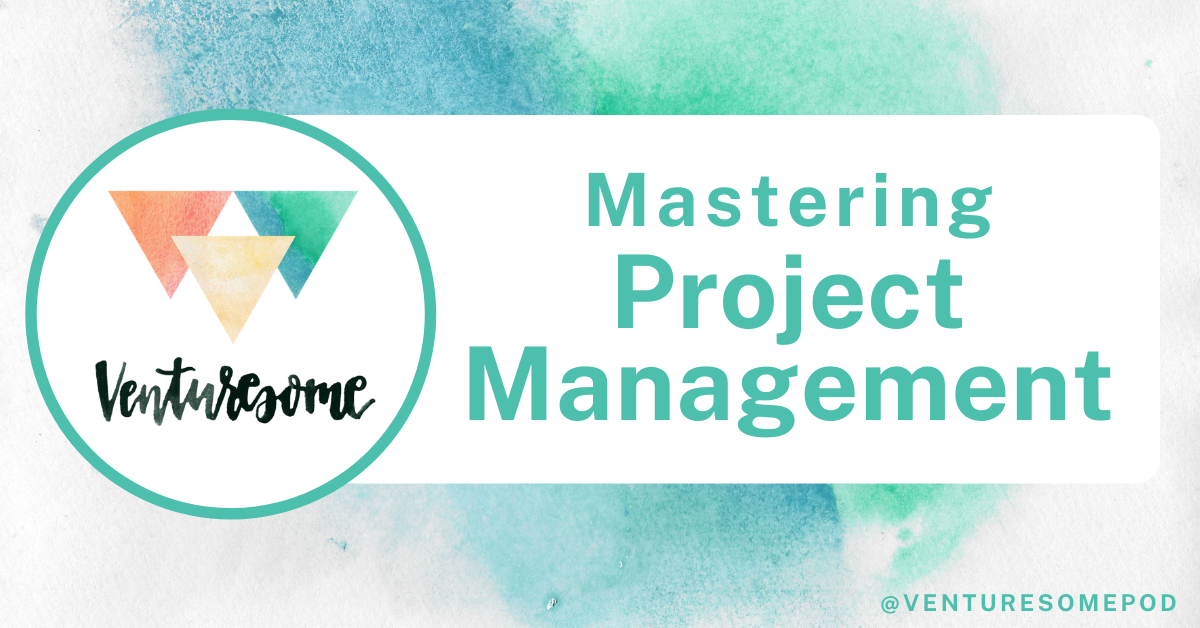I recently had the opportunity to do a 360 review — which is a fascinating (and slightly terrifying) opportunity to ask your colleagues to give you feedback. One commenter said they wanted to know more about what I’ve done to get to where I am today. I decided to use this as an opportunity to revive the Venturesome Podcast with Morgan MacDermaid in the interviewer’s seat.
Listen to the episode and scroll on below for answers to additional questions.
What were you like as a kid?
 I was extremely quiet, shy and sensitive as a kid. My younger brother and I spent our childhood outside — building forts in the woods, driving a quad on our trails and riding horses. I loved animals, so we had a menagerie of ponies, kittens, chickens, goats, rabbits and once even baby raccoons that we bottle-fed after their mother was killed. I started showing horses when I was 8, and spent every summer in the saddle until I left for college.
I was extremely quiet, shy and sensitive as a kid. My younger brother and I spent our childhood outside — building forts in the woods, driving a quad on our trails and riding horses. I loved animals, so we had a menagerie of ponies, kittens, chickens, goats, rabbits and once even baby raccoons that we bottle-fed after their mother was killed. I started showing horses when I was 8, and spent every summer in the saddle until I left for college.
Those who know me well joke about my organization skills. What’s funny is I’ve always been this way. I alphabetized my books and color coordinated my closet. I created a schedule one summer break to plan for the optimal day, which included riding by bike for an hour followed by jumping on the trampoline. Don’t even get me started on how my 64-pack of crayons were organized by color (and how annoyed I would get when people would borrow crayons and return them to the wrong section).
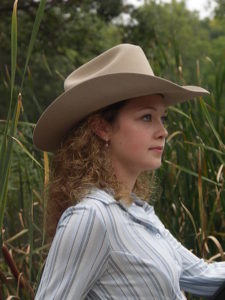 What was the first ever job you had?
What was the first ever job you had?
When I was 13, I worked for my mom’s friend who took ponies to kids’ birthday parties and festivals. I saved up enough money to buy my first computer that first summer!
In college, I worked as a carriage driver in Frankenmuth, Michigan. It was a physically demanding and exhausting job requiring 12 hour days outside in the elements. Because I gave tours, the job helped me refine my public speaking and people skills.
I also made money in high school by selling horses for people. For a commission, I would list the horse online, design and print flyers and manage the phone calls.
How did you end up in PR and marketing?
It wasn’t until I took journalism and broadcasting in high school that I found my confidence. I’d always been a strong writer and I enjoyed taking on the “hard-hitting investigative” stories. My teacher, Jenifer Tong, helped develop my passion for storytelling and named me editor-in-chief of the student newspaper during my senior year.
Mrs. Tong supported all of my crazy ideas. I once sifted through the school handbook and discovered that my school wasn’t conducting tornado and fire drills as required. So, I interviewed the principal about it and quoted him claiming the school met the requirements. I also did a story to determine what door handle in the school was the germiest. Turns out the main office door was dirtier than a toilet seat!
How did you end up at Central Michigan University?
Because I knew I’d be paying for college on my own, I told myself I couldn’t attend unless I knew my major. I remember having college programs spread across my bed, highlighter in hand. One program that I starred was CMU’s integrative public relations major. The core courses incorporated the areas that interested me — including journalism, broadcasting and communications, and had electives in business and advertising.
My experience at Central built the foundation I needed to succeed in my career. I became involved in the Public Relations Student Society of America and served as press secretary of the Student Government Association my senior year. I also completed a couple of internships.
If you hadn’t gone into PR, what type of career do you think you would be doing?
As a child, I wanted to be a veterinarian and I wanted to be an FBI agent in junior high. In college, I took an archaeology course in my first semester and I found the topic fascinating. I think if I hadn’t already been focused on my career path in PR, I might have considered it as a major.
What has been your favorite role and why?
My time at CMU as associate director of PR and social media was really special to me. I loved interviewing faculty about their expertise to write stories for CMU News. I always sought out unique stories, such as the professor who taught a religion course called “From Revelation to The Walking Dead” and the anthropology student who was 3-D printing fossils.
CMU is also where I first became a manager. I took over the internship program, giving me the opportunity to mentor and train four to five students each semester. So far I’ve managed over 30 interns in my career.
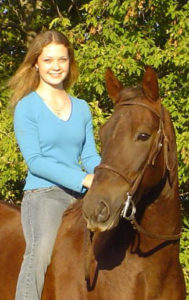 Is there one single thing you think propelled your career?
Is there one single thing you think propelled your career?
I’ve always had a relentless drive that I think was instilled in me by my dad. I’m a first-generation high school and college graduate, so I already had to navigate so much on my own just to get through college. I approached my career with that same level of intensity. In hindsight, I think that also contributed to some of my past experiences with burnout.
I’m also convinced that my years of riding and showing horses helped build a foundation for my skills. I learned to work hard and how to recover from failure with grace. You need to have a lot of patience and empathy to work with horses.
What’s the best advice you’ve been given?
This was a hard one for me to answer on the podcast, but I took some more time to think about it. A lot of the best advice I’ve been given came from my dad.
I also have a lot of mentors who have given me great advice over the years and I think the best advice often involves your mentor asking you a lot of questions to help you get to the right answer for you.
What has been the toughest experience of your career?
When I was at CMU, I had to deal with some pretty tough situations involving student deaths and other crises. Aside from that, I tend to find that the bad experiences — the tough days, bad managers and high stakes projects gone awry — have all made me stronger and better in the end. As much as I hated the experience in the moment, I am thankful I had them in the end.
What would you have done different?
In hindsight, there have definitely been times I haven’t handled things in the best way. There are a lot of things that I’d change looking back, including how I’ve reacted to certain situations. But all of my missteps have still led me to where I am today, so I try not to focus too much on what I could have done different.
I also wish that I’d ventured off course a bit more in college. I was so focused on building my career that I didn’t become involved in student activities that weren’t related to my major. Everything I did was solely for the purpose of ensuring I’d get a good job after college. If I could go back, I’d join the equestrian team and take more classes outside my major.
Where do you see yourself in the future?
This is a tough question. After over a decade of trying to predict and shape my future career path, I’ve been trying to take a more relaxed approach. I want to focus on the now rather than worrying constantly if what I am doing will get me to the next step. I also have been realizing the importance of balance and giving myself the space for things that aren’t related to my career.
What venturesome advice would you give your younger self?
You are exactly where you need to be right now. Early in my career, I constantly worried I was falling behind. Other people always had these cool jobs and cool experiences. They were getting hired at big-name corporations or making double what I was bringing in. I was living in a small town, often working for small organizations or universities. Looking back, the experience I gained at those organizations helped propel me in the right direction. You need to focus on taking your own path — not the path others are on.
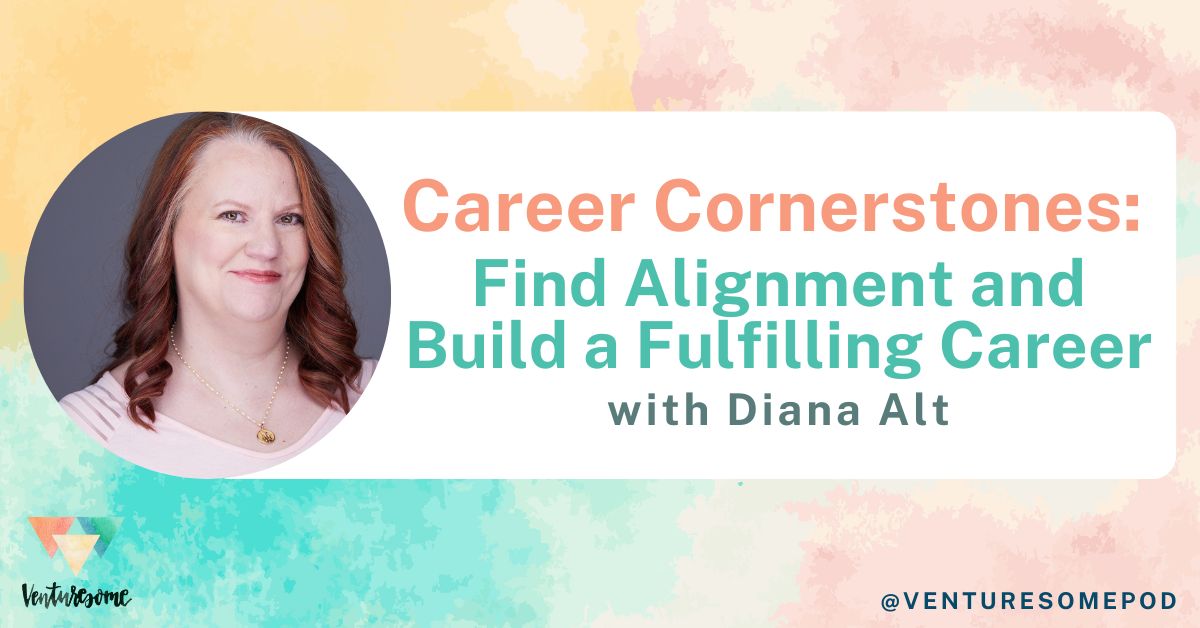

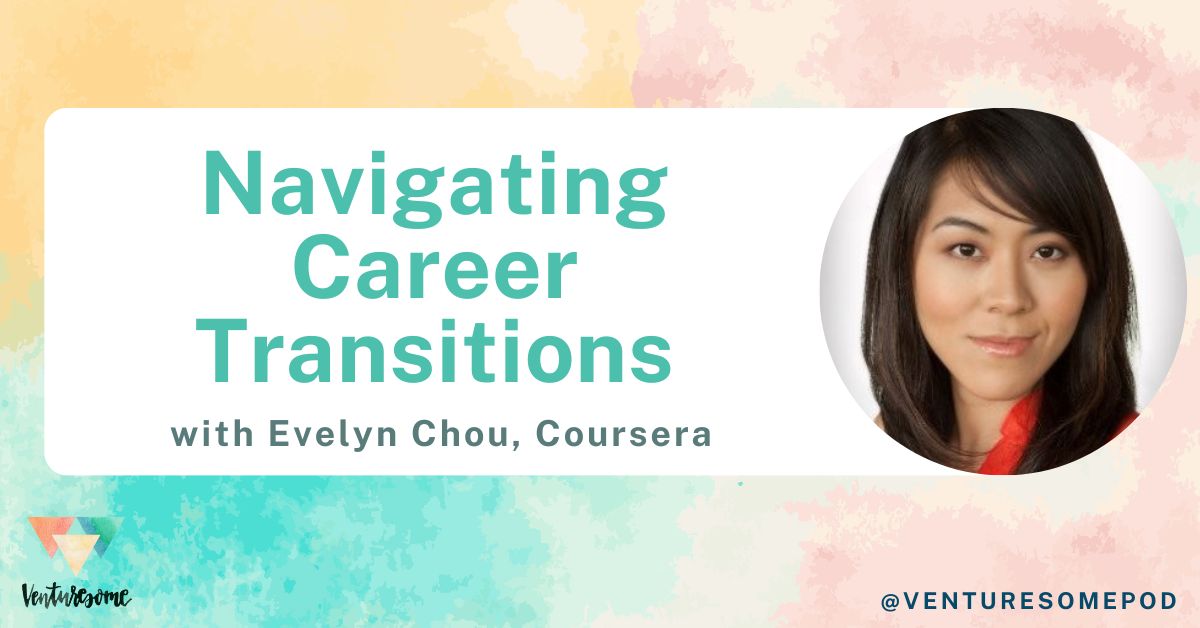
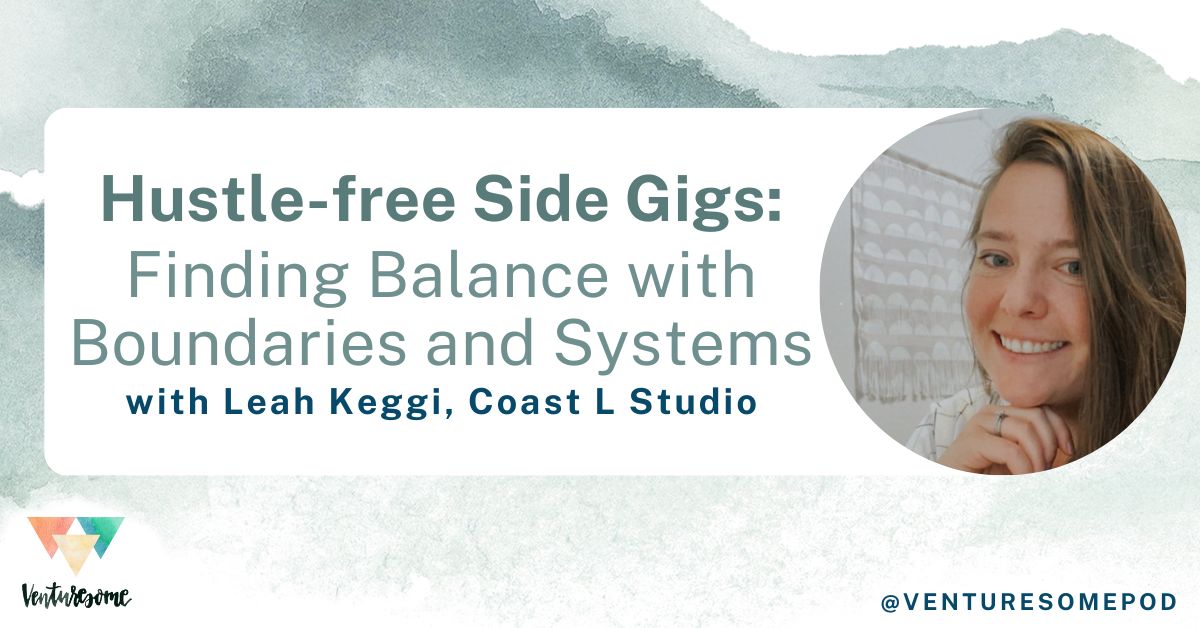
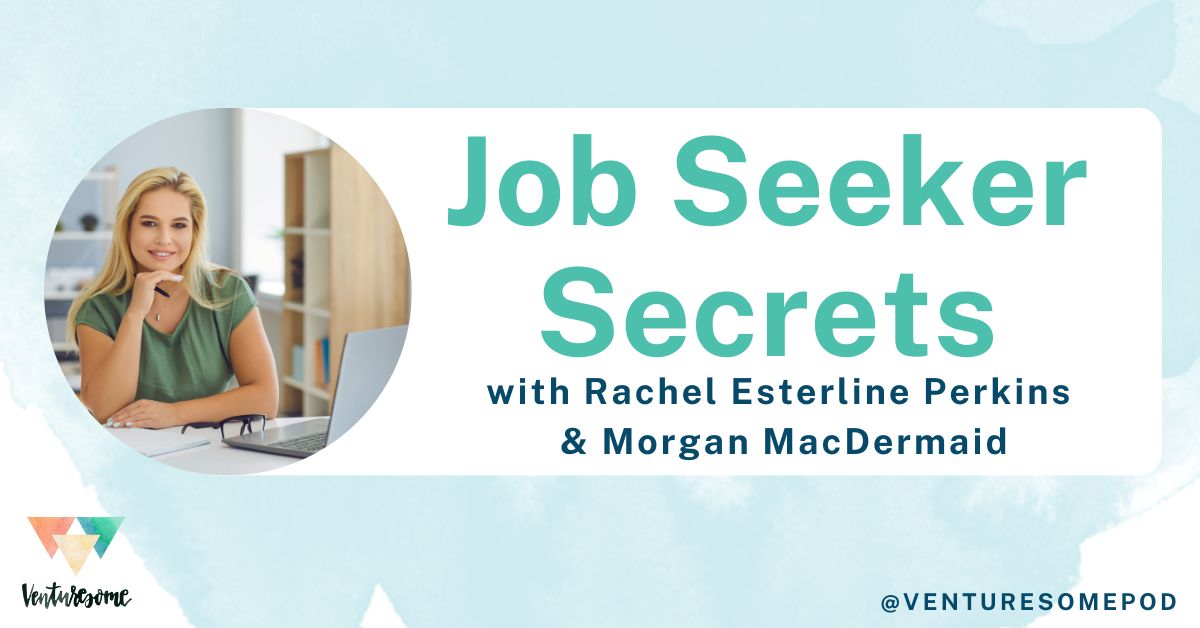
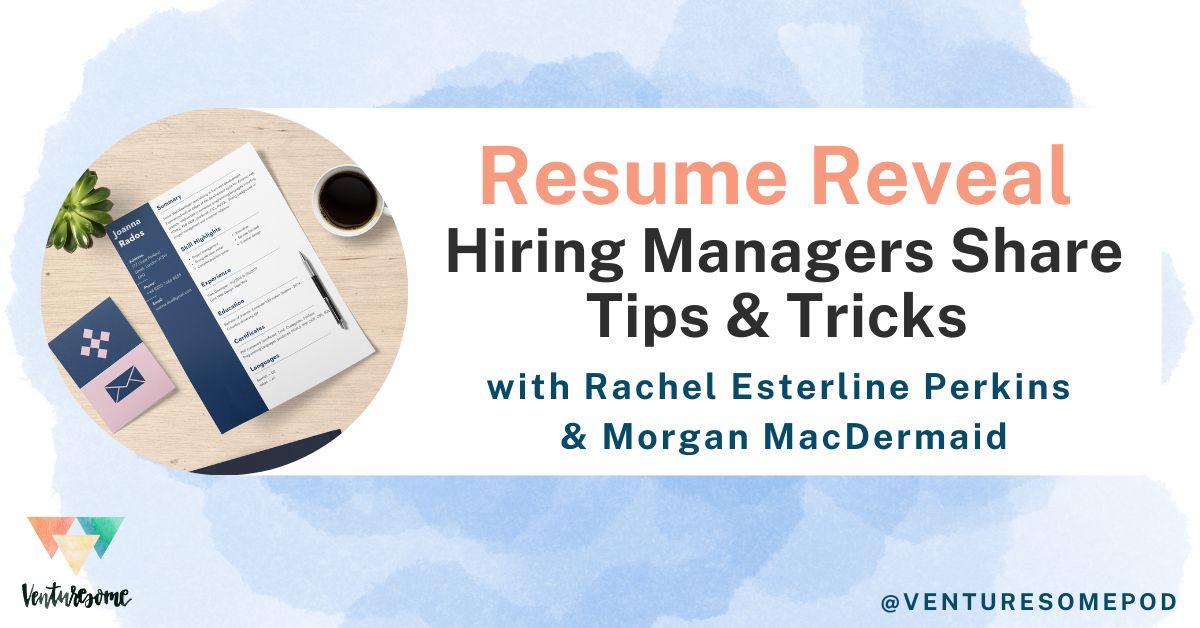
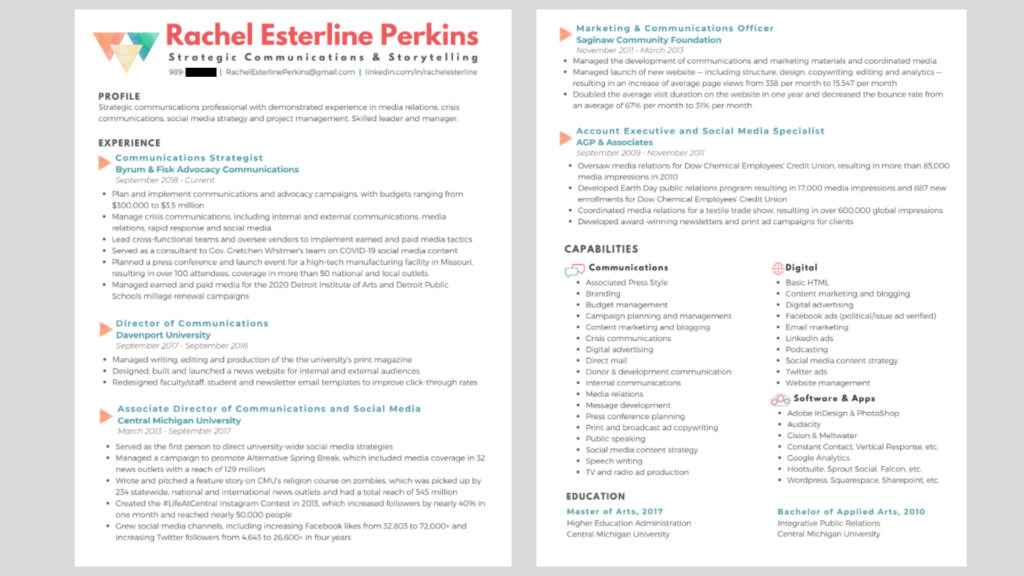
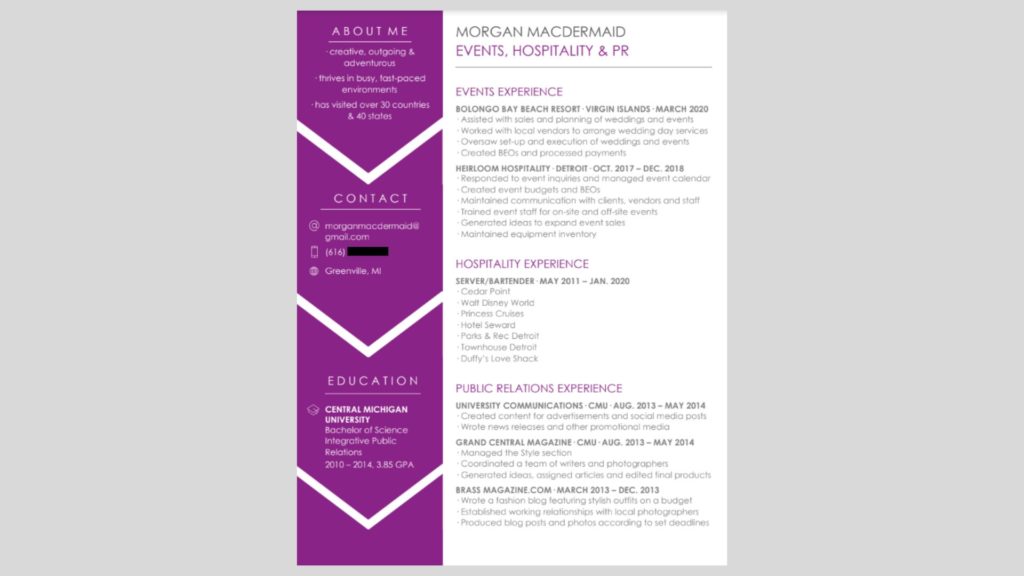
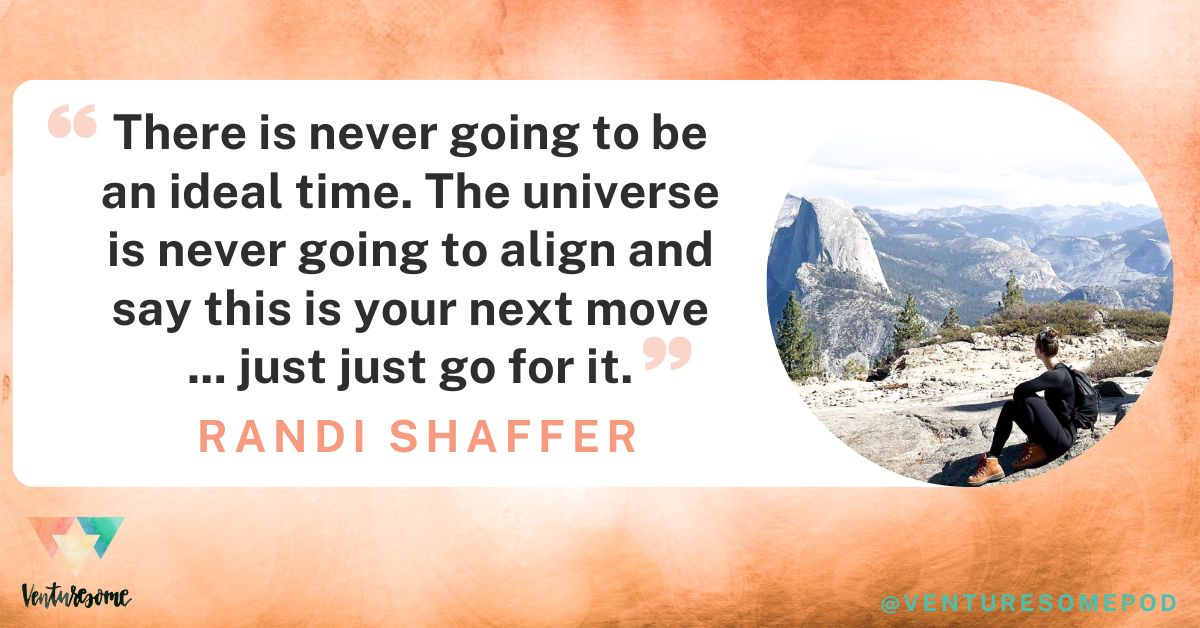
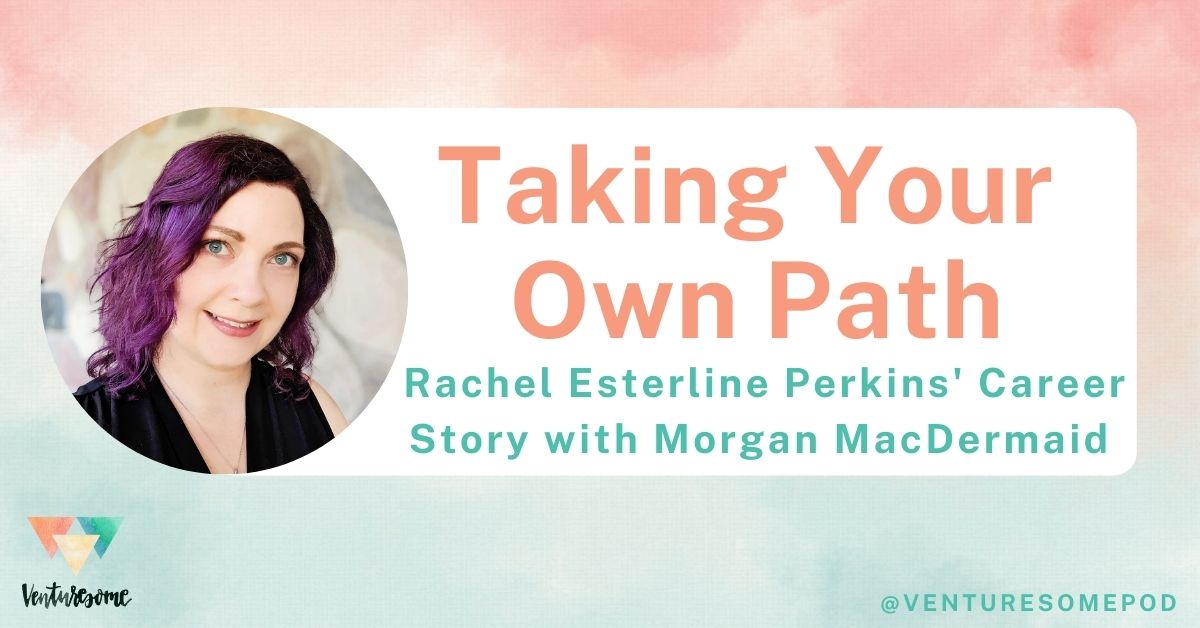
 I was extremely quiet, shy and sensitive as a kid. My younger brother and I spent our childhood outside — building forts in the woods, driving a quad on our trails and riding horses. I loved animals, so we had a menagerie of ponies, kittens, chickens, goats, rabbits and once even baby raccoons that we bottle-fed after their mother was killed. I started showing horses when I was 8, and spent every summer in the saddle until I left for college.
I was extremely quiet, shy and sensitive as a kid. My younger brother and I spent our childhood outside — building forts in the woods, driving a quad on our trails and riding horses. I loved animals, so we had a menagerie of ponies, kittens, chickens, goats, rabbits and once even baby raccoons that we bottle-fed after their mother was killed. I started showing horses when I was 8, and spent every summer in the saddle until I left for college.  What was the first ever job you had?
What was the first ever job you had? Is there one single thing you think propelled your career?
Is there one single thing you think propelled your career?